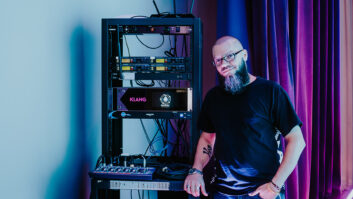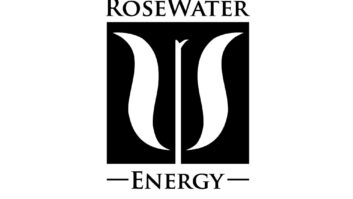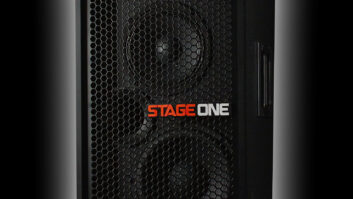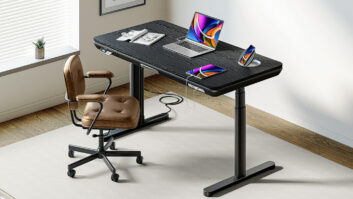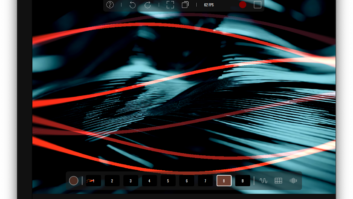LeisureTech Electronics signed up additional licensees in recent months to market distributed audio systems and components incorporating its A-BUS technology, bringing to 15 the number of brands actively marketing A-BUS products in the United States.
The latest licensees of the patented technology include U.K.-based Cambridge Audio, which is the first to market an A-BUS/direct system in the United States through Rochester, N.Y.-based Audio Plus.
Other recent licensees include audio supplier MTX, structured-wiring supplier DSC (formerly Amp), electrical supplier Eaton and structured-telecom-wiring company Suttle. The newcomers replace select brands that dropped out of the licensing program.
In mid-2004, LeisureTech had 14 licensees marketing in the U.S.
The current full roster consists of Tyco’s AMP, Cambridge Audio, Channel vision, DSC, Eaton, Harman, Honeywell, Incognito, Integra, Jamo, MTX, Onkyo (pro) Opus, Phase Tech, Russound, Suttle and USTec. All offer A-BUS/active technology, which is designed to reduce the cost of distributed-audio systems by transmitting line-level analog audio, control signals, 24-volt power, and status information down a single CAT-5 cable from a central stack of A/V equipment to an amplified in-wall keypad. The amplified keypad, in turn, drives in-wall or in-ceiling speakers in the same room.
The architecture reduces the average per-room price of an to $500-$700, excluding the central A/V system and sources, said LeisureTech managing director Andrew Goldfinch. “The savings is in management and labor costs,” he said, contending the systems “eliminate most installation problems” and make it easier to schedule installation times around other subcontractors.
A-BUS/direct systems take simplification a step farther. They use in-wall and in-ceiling speakers that incorporate built-in amplifiers and an IR receiver, which permits operation of connected audio equipment in another room via IR remote control. With the IR receiver, installers can simplify wiring in a room and replace a more expensive in-wall amplified keypad with a less expensive handheld IR remote.
A-BUS meets the demands of “risk-averse builders fearful of callbacks and customer confusion,” he added.





